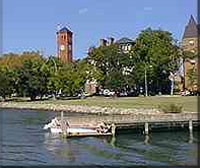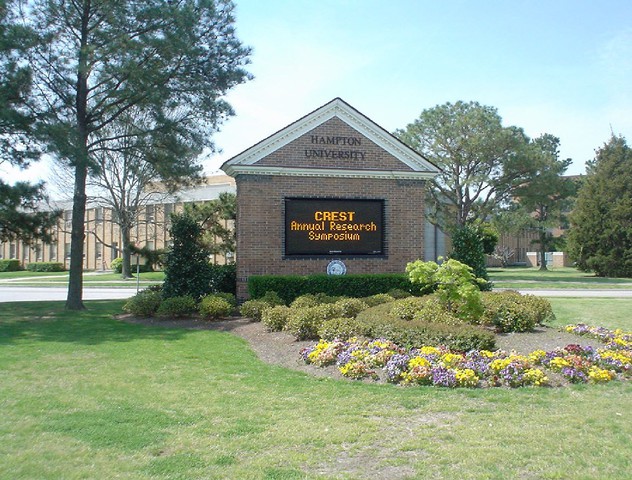Introduction
Hampton University is located on the east coast in Hampton, Virginia. Established in 1868, three years after the end of the Civil War, by Union General Samuel Chapman Armstrong, Hampton has a rich history. One of the most notable early students at the university was Booker T. Washington, a member of the class of 1875. He went on to found the famous Tuskegee Institute in Alabama in 1881 based on the same principles learned at Hampton.
Hampton is one of the top historically black colleges and universities in the world. The university’s students represent nearly all 50 states, and dozens of territories and nations. With an enrollment of approximately 5000 students, the university boasts a low student to faculty ratio.

